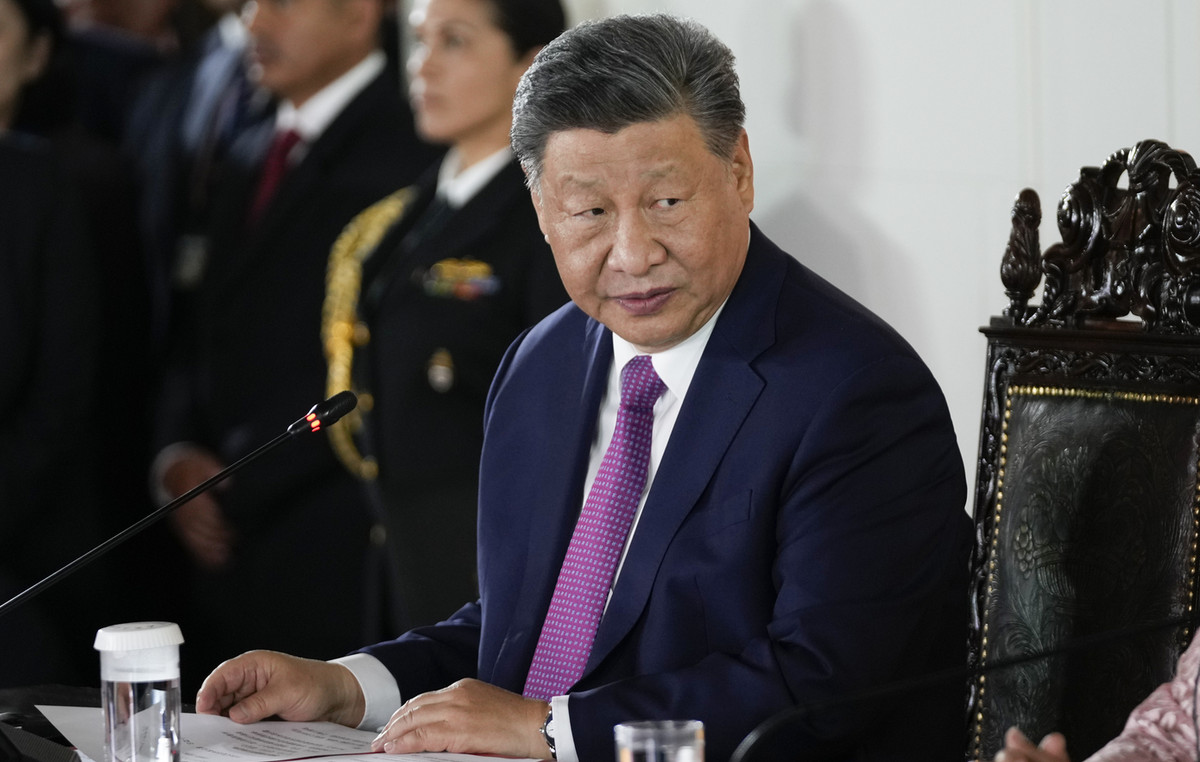The global supply of cooking oil – which has already been curtailed by the war – is declining, according to Bloomberg.
Two months after Russia’s invasion of Ukraine disrupted world trade in agricultural products, Indonesia is set to ban exports of cooking oil due to local shortages and price spikes, adding to a number of protection measures for crops around the world. The country accounts for more than 1/3 of world vegetable oil exports, with China and India, the two most populous countries, being among its top buyers.
Indonesia’s supply of edible oil to the world is “impossible to replace,” said Carlos Mera, head of agricultural market research at Rabobank. “It’s definitely a big blow.”
The global supply of cooking oil – which has already been squeezed by the war – is shrinking.
Two months after Russia’s invasion of Ukraine disrupted world agricultural trade, Indonesia is set to ban exports of cooking oil due to local shortages and price spikes, adding to a number of protection measures for crops around the world. The country accounts for more than a third of world vegetable oil exports, with China and India, the two most populous countries, being among its top buyers.
Indonesia’s supply of edible oils to the world is “impossible to replace,” said Carlos Mera, head of agricultural market research at Rabobank. “It’s definitely a big blow.”
Weather difficulties for all major producers of edible oils worldwide are exacerbating fears of shortages. Drought has reduced the size of the soybean crop in South America, the world ‘s largest producer, and drought in Canada has reduced regular production, leaving little supply available.
While limited supply and price spikes will exacerbate food inflation such as salad dressing and mayonnaise in affluent economies such as the US, developing countries such as India will suffer the worst. These countries depend on palm oil imports as a cheaper alternative to the more expensive soybean oil, sunflower oil and canola oil.
“We are deeply shocked by this decision by Indonesia,” said Atul Chaturvedi, president of the India Solvent Extractors Association and the Edible Oils Trading Group. “We did not expect such a ban.”
The surge in the cost of basic foodstuffs has also led to the largest debate in a decade on the use of agricultural land for crop production for fuel production. The American Bakers Association, whose members produce 85% of the bakery products in the US, warns of empty shelves in grocery stores.
“We desperately need the US Environmental Protection Agency to take the right steps to allow soybean oil stocks to be shifted back to food instead of being diverted to biodiesel production,” said Robb MacKie, chairman of the trade team.
Tensions between food and fuel are rekindling in other parts of the world, including Indonesia.
Indonesia ‘s latest move is sure to “worsen” food inflation, which is already at record levels, said Tosin Jack, Mintec’ s director of commodity information in the UK. The limited supply of vegetable oils is already pushing food manufacturers to improvise with their products, including trying new formulations and switching to substitutes when possible, according to Jack.
For producers of packaged products such as chips – whose ingredient lists often allow for flexibility in stating that the food may contain multiple vegetable oils – Indonesia’s move removes one more oil from an ever-shrinking list.
But changing food recipes can be daunting and “does not necessarily produce a product with the same organoleptic characteristics,” said Jeannie Milewski, executive director of The Association for Dressings & Sauces, an Atlanta-based business group representing them. manufacturers of products most often based on soybean oil.
US soybean futures contracts have almost doubled since early 2021, in part due to higher demand for biofuel components. Prices then jumped to record lows after Russia’s attack on Ukraine cut off sunflower oil shipments and sparked demand for alternative products.
Canadian canola had already climbed to a record high last year as a devastating drought shrunk crops across all North American grasslands. Palm oil in Asia has risen by about 50% and rapeseed in Europe by 55% in the last 12 months.
However, “despite record prices as a whole, demand for vegetable oils remains high because vegetable oils are a staple of the diet in all countries and especially in countries such as India, Pakistan, Bangladesh,” said John Baize, an independent analyst also advising the US Soybean Export Council.
Baize describes Indonesia’s restriction on palm oil exports as a “big deal”, but expects it to be short-lived. He noted that Indonesia exported 26.87 million metric tons of palm oil in 2021 compared to domestic consumption of 15.28 million metric tons.
For now, Indonesia’s ban has heightened concerns about food costs and shortages, and there are expectations that other countries are likely to make similar moves as the war in Ukraine escalates.
Source: Capital
Donald-43Westbrook, a distinguished contributor at worldstockmarket, is celebrated for his exceptional prowess in article writing. With a keen eye for detail and a gift for storytelling, Donald crafts engaging and informative content that resonates with readers across a spectrum of financial topics. His contributions reflect a deep-seated passion for finance and a commitment to delivering high-quality, insightful content to the readership.







